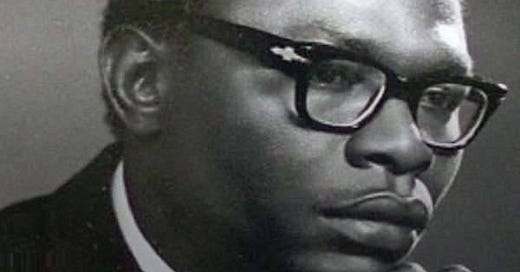Applied Econometrician Barack Obama Sr.'s Understanding of African Nations Sovereignty and Economic Development
A 1965 article with considerable foresight
This note is about how nations in Africa can grow in a way that is fair, self-reliant, and respectful of their own people, not just following what countries with higher GDP and more power say they should do. Back in 1965, Kenyan economist Barack Obama (the elder) warned that copying ideas from Europe or the U.S. would not work for African countries. He said leaders needed to work with the people, train them, and build local businesses instead of just taking over foreign ones without knowing how to run them. He also said it was dangerous when leaders took too much power for themselves.
What New Ideas Are in This Paper?
I use formal and social science tools to simulate how when leaders care about the poor and use reason to update their beliefs and cooperate (I call them Ally leaders or planners), they make better long-term choices than self-interested leaders who focus on profit and control of resources under uncertainty (Nash leaders or planners).
I create models where leaders learn from the past, adjust to people’s needs, and build systems that make poverty go down over time, not just for a few people, but for everyone.
I show that when countries are forced to follow harsh rules (like cutting spending on schools or hospitals), it damages their future. But if they plan wisely together and share resources through cooperation and asset based economic organization and development, they can protect their people and grow stronger.
Why Is This Important Now?
This paper shows that local cooperation, fairness, and planning based on values, not self-interest, is not only better morally, but it’s also better for long-term economic security and prosperity. This work is about reclaiming and maintaining dignity and sovereignty through reason. It honors the wisdom of Obama Sr., the suffering of communities ignored by myopically profit-focused economic organization, and the power of economic activity based on empathy, history, and local knowledge. It’s a blueprint for cooperation rooted in care, not control.




